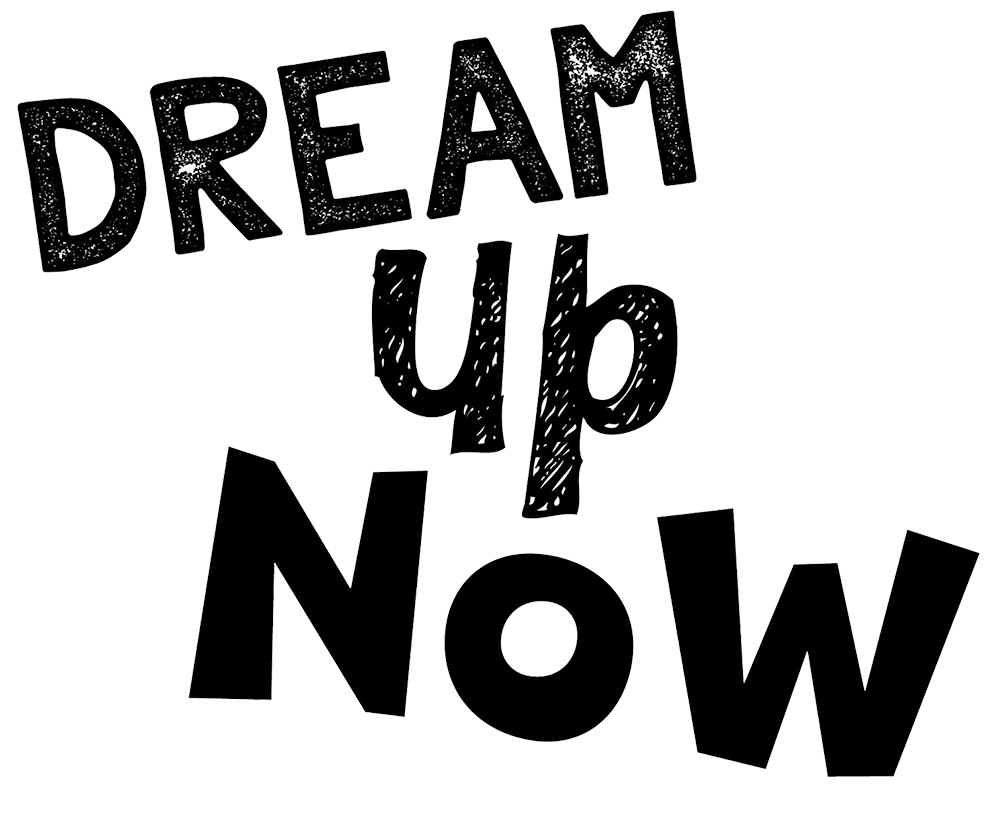with Folio Literary.
1. Go to get feedback on your work in a workshop or instructional setting. Sometimes writers forget that the first and most important step in starting a writing career is actually, you know, writing. If you’re a genre or commercial writer, find out how your work fits the field you’re writing in, find out if anyone is bored, find out the pages where your reader just couldn’t put the manuscript down. If you’re a literary author, find a conference with a great group of faculty who can offer a nuanced reading and challenge you to do better.
2. Go to meet other writers. I know most writers tend to write alone in some cramped closet in a deep dark basement somewhere and rarely ever emerge to see the sun, but a conference is a great place to meet others of your kind. You can share writer’s block stories, bounce ideas around, talk about the process. And when you go home, thanks to the magic of the Internet, you just might have a ready-made critique circle to share your work with.
3. Go to learn about the publishing process. Let’s face it, sometimes publishing can seem a little mysterious and unfathomable. At conferences, there’s often a wide range of publishing personae there: agents of all shapes and sizes, editors from major houses, small publishers, magazine editors, etc. We almost always do some kind of panel, and this is your chance to ask educated questions about how publishing works. Ever wonder who decides what cover a book gets and why? How debut authors get blurbs? How do books get into the front of the book store? Here’s your chance.
4. Don’t expect to get a major book deal and be whisked directly from the conference to Hollywood with a newly fat bank account. It’s perfectly true that some people do sit down with an editor or an agent at a conference and something good comes of it down the line. But to be honest, it’s really rare. The thing that helps the most? Having an amazing book that you’ve worked on until it’s perfect.
5. If you’re pitching, have a book and be a writer. It’s surprising to me how many people pay for an individual pitch session, sit down, start telling me about their unfinished novel, and get really disappointed when they find out they have to complete it before it can be sold. All debut authors (with rare exceptions in certain genres) have to have one full novel that we can sell on the basis of its merits. Nonfiction books need complete book proposals. It sure would be great if you could sell an idea, but you can’t. Also, once a man sat down across from me and started telling me about the novel he had “written” by dictating to his secretary. He had the verbatim transcripts, and he was hoping I would “iron them out” for him. Needless to say, I did not have a good impression of his writing abilities.
6. Don’t be a pushy pitcher. I’ve been pitched in the bathroom. On the treadmill. In an elevator. While trying to eat. Once, in the airport when the conference was over. Now, agents are at these conferences for a reason—we do want to hear what prospective authors want to say, and in fact we are looking for good new material. But think about when you would bothered by talking about work, and don’t pitch to us then. If you didn’t get a chance for any facetime with the agent of your choice at a conference, it is perfectly acceptable to send an e-mail afterward with a “Sorry I missed you at (this) conference” and a query. Just think, then I won’t have to remember you as the person pitching their comic novel while I’m in line for the ladies’ room!
7. Agents and editors are people, too. For the most part, we are nice people who love books and reading. Don’t be overly obsequious, and don’t be overly rude. We are not trying to crush your dreams, nor are we magical beings. Honestly represent yourself and your work with confidence, and we promise to treat you with respect. We realize that you have worked very hard on your book, but we can’t take on everything, and any rejections are not a wholesale rejection of you.
8. Don’t be shy. Conferences are a great place to just talk to other people about what’s going on in the publishing world. It’s very important for authors to be in touch with contemporary writing. Who are the hot authors now? What’s working/not working in commercial fiction? What topics have recently been buzzing in nonfiction, and which already have 5 new books about them? Who is a good publicist to use? How do you start a blog? Take advantage of the collective wisdom of your peers.
9. Don’t bring paper manuscripts to hand out to agents or editors. We have small suitcases. We are probably not going to read your full manuscript right after meet you. Wait, and follow up after the conference according to agent or editor preference.
10. Come prepared. Know what agents and editors will be at the conference, and research what they represent and edit. Have questions at the ready for panels and round tables. Read some of the work written by the authors on the faculty, and know what to expect from different types of events. If you do your homework on a particular conference and the people attending it, you’ll have a great time!

More than 50 literary agents will be
taking pitches at WD’s own conference
in New York, January 2011.
